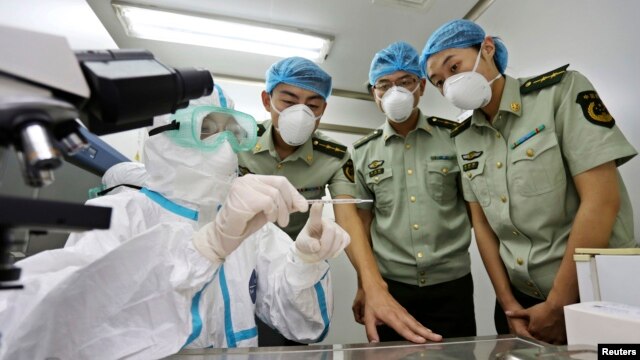Islamabad airport in Pakistan has been voted the worst airport in the world.
The Islamabad Benazir Bhutto International Airport managed to knock Manila's Ninoy Aquino international airport (NAIA) off the top spot (down to fourth), where it had sat for the last three years running.
Islamabad was voted the worst based on comfort, cleanliness, facilities and customer service.
The Worst Airports 2014 report featured a quote in which a traveller compared it to a "central prison" with "aggressive security checks".
According to the Independent, the poll, carried out by the Guide to Sleeping in Airports website, said: "Travellers have also complained about the airport's inability to handle passengers for over a decade – and thankfully, it seems the end of ISB is near.
"A new airport is slated to be completed for mid-2016, which should dramatically improve air travel to the city."
Jeddah's King Abdulaziz international airport came in at second place, with someone highlighting its "rude immigration officers and lengthy queues", and Kathmandu's Tribhuvan international airport was third, reports the Guardian.
The paper adds that New York's LaGuardia airport found itself at 10th place, and US vice president Joe Biden even likened it to a "third world country" back in February.
There were no UK airports on the list, but London Luton Airport did find itself 8th worst on the regional list for Europe.
The top 10 worst airport in the world are:
1. Islamabad Benazir Bhutto international airport, Pakistan (ISB)
2. Jeddah King Abdulzaziz international airport, Saudi Arabia (JED)
3. Kathmandu Tribhuvan international airport, Nepal (KTM)
4. Manila Ninoy Aquino international airport, Philippines (MNL)
5. Tashkent international airport, Uzbekistan (TAS)
6. Paris Beauvais-Tille international airport, France (BVA)
7. Frankfurt Hahn international airport, Germany (HHN)
8. Bergamo Orio al Serio international airport, Italy (BGY)
9. Berlin Tegel international airport, Germany (TXL)
10. New York City LaGuardia international airport, USA (LGA)


